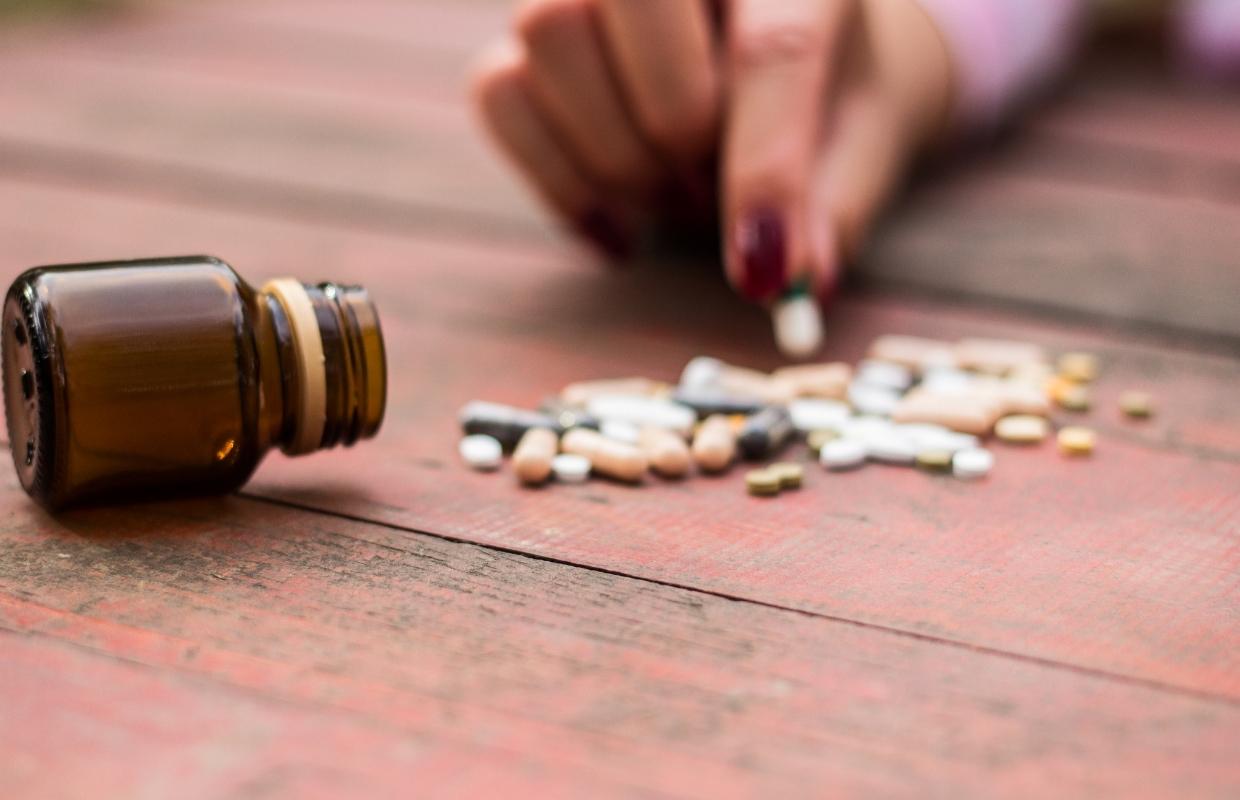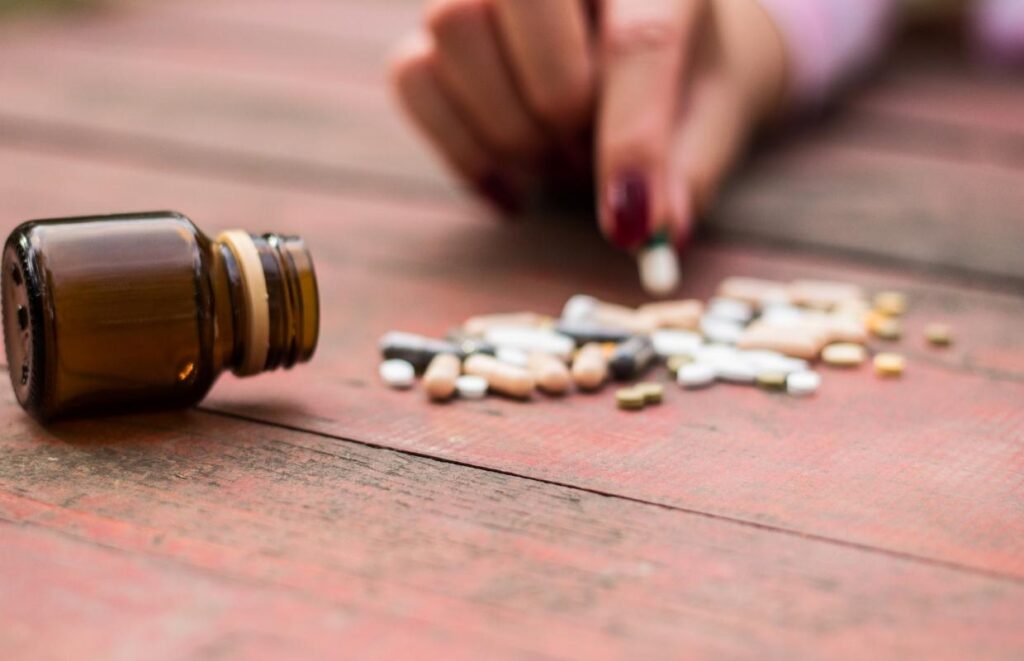What Happens When Someone is Overdosing?
In this article, we consider the process of overdosing on drugs and whether it is a sign of drug addiction.
Substance misuse is a psychological and physiological disease brought about and characterized by the chronic use of drugs and other chemical substances. Individuals become dependent on drugs for a variety of reasons. For some, it is sheer curiosity; for others, it is due to pressure, whether from work or peers. For some others still, it began from using prescribed drugs to handle an illness but transcended into acute reliance on the particular medicine. Therefore, drug abuse is of two kinds: prescription and illegal drug misuse. Physicians give prescription medication to treat illnesses like sleep disorders or pain. Typical examples of these are Fentanyl and buprenorphine. The illicit drug category has the likes of cocaine, marijuana, and heroin. There are many symptoms of substance use disorder (SUD), and some stand out more than others. In this article, we consider the process of overdosing on drugs and whether it is a sign of drug addiction. 
What Happens During an Overdose?
Overdosing occurs when more than the average or recommended amount of a drug is taken. With prescription medications, specific doses are stipulated, and so exceeding such will classify as overdosing. However, the lines become blurrier with illegal drugs since they have already been banned from public use. Also, what may translate as an overdose for one person may not be so for another individual, even if they are family members. Many factors go into considering and prescribing the correct drug dosage to treat any illness. Typical factors considered are age, body size/build, medical history, allergies, and genetics. Hence, doctors always advise against sharing pills with others even if they suffer from the same condition.
Can Overdose Be Taken as a Sign of Drug Abuse?
Although individuals who frequently use drugs because of their dependence run the risk of overdose, it is not a clear sign of drug abuse. The reason is that other prominent symptoms indicate chemical dependency, and much sooner than a drug overdose may occur. For instance, with illegal drugs like heroin, individuals may be able to stick with a particular dose of the medication for months, even years, without an overdose. However, this does not mean they are not misusing the substance. On the other hand, another person who has been prescribed Methadone and has been taking it faithfully for a while may overdose by accident. Such incidents can occur if the drug time is missed or forgotten, leading to taking more than was recommended. Consequently, although an overdose may occur down the line, it hardly serves as a sure-proof sign of drug misuse.
Finding Help for Drug Dependency
Whether a drug override results or not, help is still needed for any case of drug abuse. In many cases, overdosing may lead to fatal situations or cause permanent damage to an organ or system. Thus, a comprehensive addiction treatment plan is needed for complete recovery. Evoke Waltham in Waltham, MA, is an accredited rehab center staffed with licensed specialists that cater to every form of drug abuse. They provide specialized care to clients and allow varied payment options. For further information and inquiries, contact a recovery advocate today.


